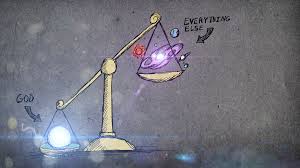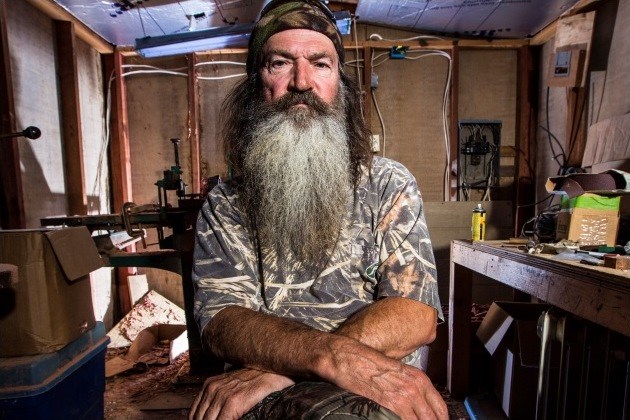But we have this treasure in jars of clay to show that this all-surpassing power is from God and not from us… Therefore we do not lose heart. Though outwardly we are wasting away, yet inwardly we are being renewed day by day. For our light and momentary troubles are achieving for us an eternal glory that far outweighs them all. So we fix our eyes not on what is seen, but on what is unseen, since what is seen is temporary, but what is unseen is eternal. (2 Corinthians 4:7, 16-18 NIV)
Life can really wear you out sometimes, can’t it? We work so hard to try to better ourselves and to make the world a better place for our families, but some days, it just looks like we aren’t making a difference at all. It’s enough to make you wonder if it’s really worth the effort.
What is it that wears us out when the problems of the world overwhelm us? Everyone’s situation is different, of course. It seems to me, though, that the things that often trouble us the most usually aren’t even happening to us directly. The problems that are too much for us to bear weren’t even supposed to be our own personal burdens. We barely have enough strength to get through the trials that life hands us, but we can’t seem to keep from taking on extra baggage as well. Why do we do this?
Can we just call this what it is? It’s fear.
It’s fear that gives birth to worry. You worry when you seeing angry mobs rioting on the news, but is there an angry mob outside your house right now? (Of course, if there IS an angry mob outside your house, you have an actual problem, and should stop reading this blog and go take care of yourself.)
Up to 60% OFF to Celebrate the Release of PDFelement 10
My point is that we worry ourselves into exhaustion and despondency about things that aren’t even happening where we are. Yes, they are happening in the world, and they are real, but if we’re not in a position to directly solve the problem, it’s not our problem.
Now please don’t misunderstand what I mean by “not our problem.” I am not saying that we shouldn’t be concerned about things in the world that are wrong and need fixing. What I am saying is that 99.99% of the time, it’s not up to us to fix it, either because we lack the resources, the ability, or we are simply too far away to have a direct and immediate impact on the situation.
So what can we do? We can give the situation over to the One who can do something about it. And while we’re at it, we can give Him our anxieties as well.
AmpliTube 5 MAX v2 guitar software $/€99.99
Yes, the world is a mess. It’s a mess because it has people in it, and people are a mess. And yes, you and I are people, so guess what? We’re a mess too! But we can be less messy.
A good way to start that process is to examine what you expose your mind to. How do you start your day? If you’re turning on the TV or rushing to social media, that’s what’s going to set your tone for the rest of the day. Is that the tone you want? In the same amount of time, you could meditate on a Bible verse or an inspirational quote of some sort. You can’t control what happens out in the world, but you can control what goes into your head, which is what feeds your attitude.
Once you have developed the habit of being intentional about this, it will become easier for you to shift your perspective from the now to the not yet. When things are going badly, it is easy for fear to rob us of hope, but remember this. EVERYTHING we fear, or could possibly fear, has an ending. We may not be able to see it from where we’re sitting, but all the troublesome things of this world will pass.
Instead, what we can learn to do in ALL situations is to focus on the things that won’t pass away. Truth. Love. The Word of God. Best of all, the eternal life that is given as a free gift to all those who put aside their fears, worries and the troubles of this world and trust in Jesus, who by His death and resurrection, has overcome all of them.
Now of course, we can’t see any of this. We can’t see our fear, the Lord’s Spirit, the actual physical Kingdom of Heaven. We only see this world, its problems, and our own aging faces in the mirror.
But as the risen Christ told Thomas, “Blessed are those who have not seen and yet have believed.”
(Come Back for Part 7: Up There)


